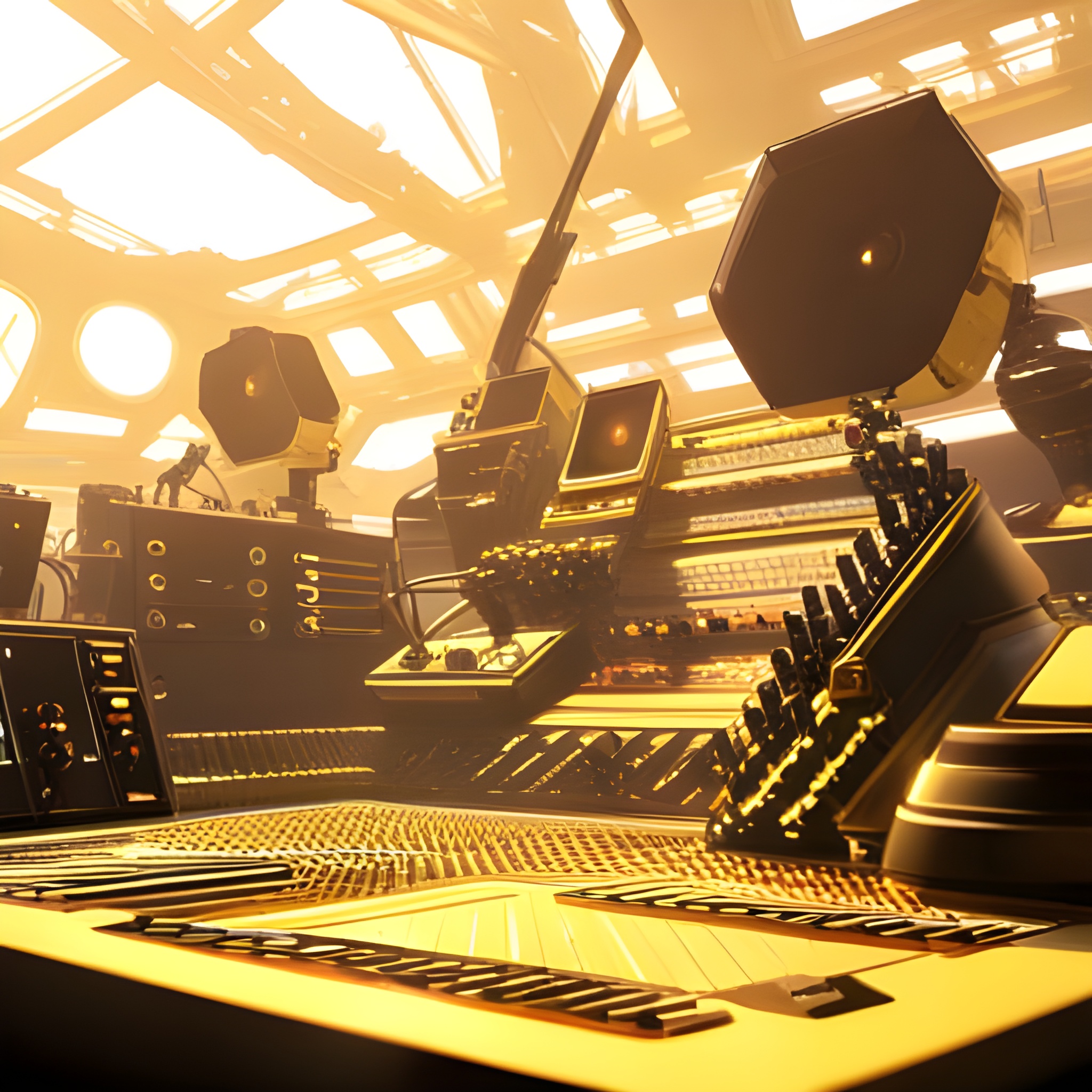If you've always had a passion for music and dream of pursuing a career as a musical artist, it can be challenging to know whether or not you have what it takes to succeed. While there's no one-size-fits-all formula for making it in the music industry, there are certain signs and traits that can indicate whether or not you're on the right path. In this blog post, we'll explore four key indicators that you're meant to be a musical artist, and offer insights and advice on how to turn your dreams into reality. Whether you're just starting out or have been working at your craft for years, this guide can help you to determine whether a career in music is the right path for you.
-
You have a passion for music and spend a significant amount of time listening to and thinking about music
Having a passion for music is often a key indicator of someone who is interested in becoming a musician or a musical artist. If you have a passion for music, you may find that you spend a significant amount of time listening to various genres of music, attending concerts, and exploring new artists and their work.
In addition to listening to music, you may also find that you spend a lot of time thinking about music, whether it be analyzing the different components of a song, contemplating the emotional impact of a particular melody, or simply daydreaming about your own musical creations.
It can be a driving force in your life, motivating you to learn to play an instrument, study music theory, and explore new ways of expressing yourself through music. It can also provide a sense of purpose and fulfillment, as you are able to channel your creative energy into something that brings you joy and satisfaction.
For many musicians, a love of music is not limited to their own musical creations. Instead, they are constantly seeking out new music and artists to listen to and learn from. This could involve exploring new genres or styles of music, discovering emerging artists, or delving deeper into the work of established musicians.
By seeking out new music and artists, musicians can gain new inspiration and expand their creative horizons. They can learn from the techniques and styles of other musicians, and incorporate these influences into their own work. They can also stay up-to-date with the latest trends and developments in music, helping them to remain relevant and fresh in a constantly evolving industry.
- You create and produce your own original music
Creating and producing your own original music is a key aspect of being a musical artist. It means that you are not simply performing or interpreting music that has already been written by others, but rather that you are creating something new and unique that comes from your own personal vision and inspiration.
To create original music, you may draw from a variety of sources, including your own life experiences, emotions, and cultural influences. You may experiment with different chord progressions, rhythms, melodies, and harmonies, and use a variety of instruments or digital tools to bring your ideas to life.
Once you have created your music, you may then produce it, which involves recording, mixing, and mastering the tracks to create a final product that is ready to be shared with others. This can involve working with a team of producers, sound engineers, and other professionals to ensure that the music sounds as good as possible.
It also means that you have control over every aspect of the creative process, from the lyrics and melodies to the instrumentation and production techniques. This can be a powerful way to express your unique artistic vision and connect with your audience in a more meaningful way.
But that requires a great deal of creativity, skill, and hard work, but it can also be one of the most rewarding experiences for a musical artist. By putting your own personal stamp on your music, you can create something that is truly one-of-a-kind and that resonates deeply with your listeners. - You have a strong desire to share your music with others and to connect with people through your art
For many musical artists, the act of creating music is not just a personal hobby or profession, it's a way to connect with others on a deeper level. Music has a unique ability to evoke emotions and touch people's hearts in a way that few other art forms can.
For this reason, many musical artists feel a strong desire to share their music with others and to use it as a means of communication and connection. They may perform live shows or release albums in the hopes of reaching a wider audience and connecting with people who share their love of music.
At its core, the act of creating and sharing music is about building community and fostering a sense of belonging. For both the artist and the audience, music can serve as a common language that brings people together across cultural, linguistic, and geographic boundaries.
Ultimately, this desire to share music with others and to connect through art is what motivates many musical artists to pursue their craft and to continue creating even in the face of challenges and setbacks. For them, music is not just a means of personal expression, but a way to make a meaningful impact on the world around them.
-
You have a distinct style or sound that sets you apart from other musicians
Having a distinct style or sound is a crucial aspect of being a successful musical artist. It means that your music has a unique quality or characteristic that sets it apart from the work of other musicians. A distinctive style or sound can be the result of many factors, such as your musical influences, personal experiences, and creative process.
One of the key benefits of having a unique style or sound is that it can help you to stand out in a crowded and competitive music industry. With so many talented musicians vying for attention, having a distinctive musical voice can help you to capture the interest of fans and industry professionals alike. A strong and recognizable style can also make your music more memorable and easier for people to find and enjoy.
Developing your own style or sound as a musical artist can be a challenging and time-consuming process. It requires a deep understanding of your musical influences and the ability to synthesize those influences into something that is truly your own. It also requires a willingness to experiment and take risks with your music, to push the boundaries of what is expected and create something new and innovative.
 Putting into practice all that analog electronic stuff back in college.
Putting into practice all that analog electronic stuff back in college.


